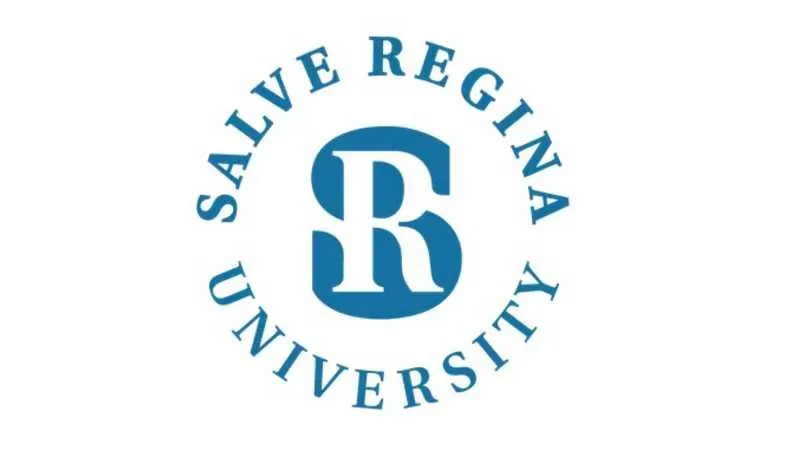Best Colleges in Rhode Island
Best Accredited Colleges
 Providence, RI
Providence, RI
 $25651
$25651
 95%
95%
 Providence, RI
Providence, RI
 $36099
$36099
 84%
84%
 Smithfield, RI
Smithfield, RI
 $34663
$34663
 79%
79%
 Kingston, RI
Kingston, RI
 $18391
$18391
 63%
63%
 Newport, RI
Newport, RI
 $33997
$33997
 71%
71%
Frequently Asked Questions
1. What are the best colleges in Rhode Island?
Some of the best colleges in Rhode Island include Brown University, Providence College, Rhode Island School of Design (RISD), University of Rhode Island (URI), and Bryant University.
2. How do I apply to colleges in Rhode Island?
To apply to colleges in Rhode Island, you typically need to complete an online application form, submit your high school transcripts, SAT or ACT scores, letters of recommendation, and a personal statement or essay. Each college may have specific requirements, so it's important to check their websites for detailed instructions.
3. What majors and programs are offered at Rhode Island colleges?
Rhode Island colleges offer a wide range of majors and programs. Some popular areas of study include business, engineering, computer science, art and design, health sciences, education, and liberal arts. Each college has its own unique offerings, so it's best to explore their websites or contact their admissions offices for specific information.
4. How much does tuition cost at Rhode Island colleges?
Tuition costs vary depending on the college and program you choose. Private colleges like Brown University and RISD tend to have higher tuition rates, while public institutions like URI offer more affordable options for in-state students. It's important to research the tuition and financial aid options available at each college to determine the cost that best fits your budget.
5. What is the student-to-faculty ratio at Rhode Island colleges?
The student-to-faculty ratio varies among Rhode Island colleges. Some colleges, like Brown University, have a lower ratio of around 6:1, which allows for more personalized attention and smaller class sizes. Other colleges may have larger ratios, ranging from 15:1 to 20:1. It's important to consider your preferred learning environment when choosing a college.
6. Are there opportunities for internships and co-op programs at Rhode Island colleges?
Yes, many Rhode Island colleges offer opportunities for internships and co-op programs. These programs allow students to gain real-world experience in their field of study and make valuable connections. Colleges often have career services offices that can assist students in finding internships and co-op placements.
7. What is the campus life like at Rhode Island colleges?
Rhode Island colleges offer diverse campus life experiences. Each college has its own unique campus culture, clubs, organizations, and events. Some colleges have a strong focus on sports and athletics, while others emphasize the arts or community service. It's important to visit the campuses and speak with current students to get a sense of the campus life that aligns with your interests.
8. What support services are available for students at Rhode Island colleges?
Rhode Island colleges provide various support services to help students succeed academically and personally. These services may include academic advising, tutoring centers, counseling services, career development resources, health services, and disability support. It's important to familiarize yourself with the support services available at each college to ensure you have the resources you need.
9. Can I transfer credits from a community college to a Rhode Island college?
Yes, many Rhode Island colleges accept transfer credits from community colleges. However, the transfer credit policies may vary between colleges. It's important to consult with the admissions office of the college you plan to transfer to and provide them with your community college transcripts to determine which credits will transfer and count towards your degree.
10. What are the housing options for students at Rhode Island colleges?
Rhode Island colleges typically offer a range of housing options for students, including on-campus dormitories, apartments, and off-campus housing. Some colleges require freshmen to live on campus, while others offer more flexibility. It's important to review the housing policies and options of each college to determine what best suits your preferences and needs.





